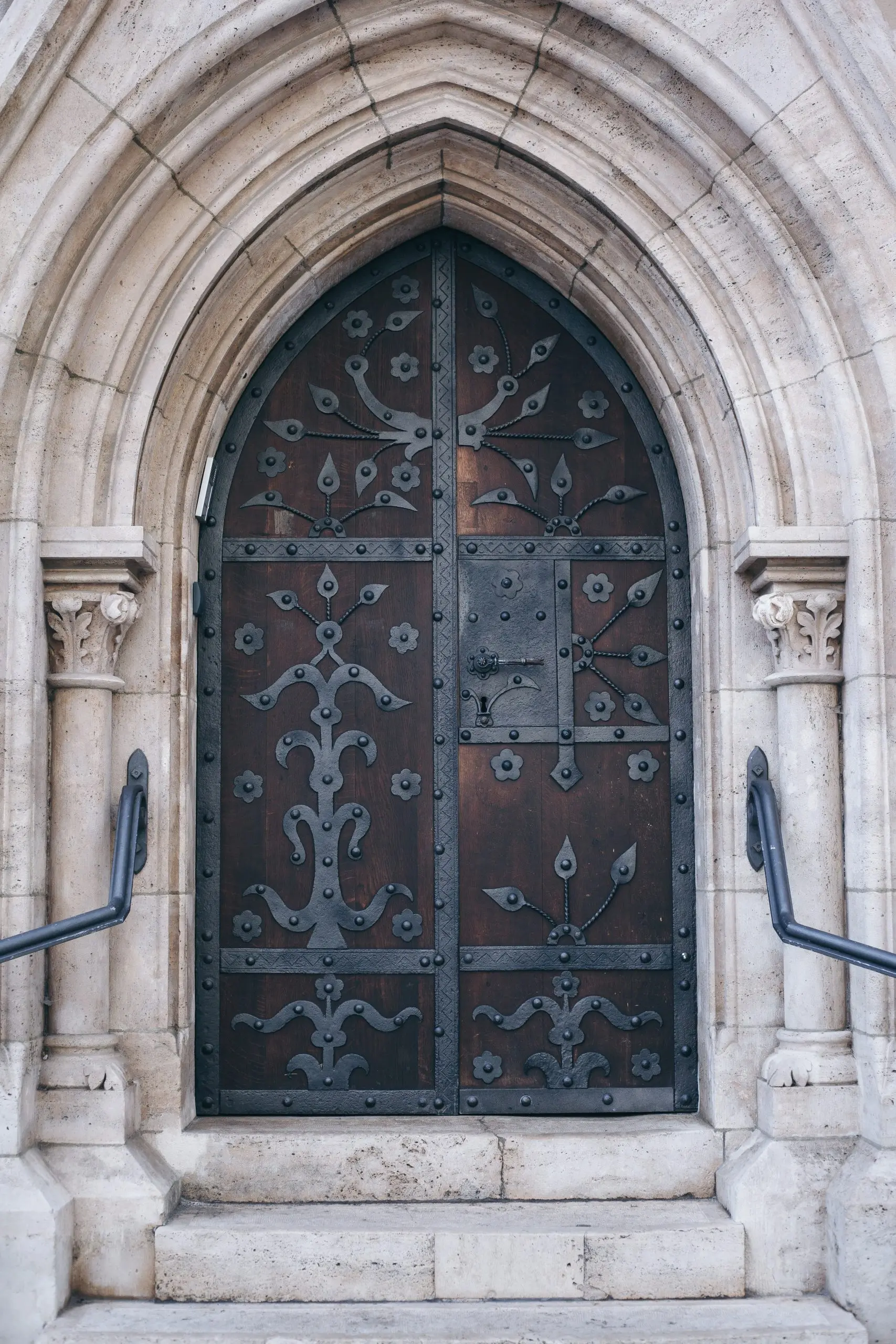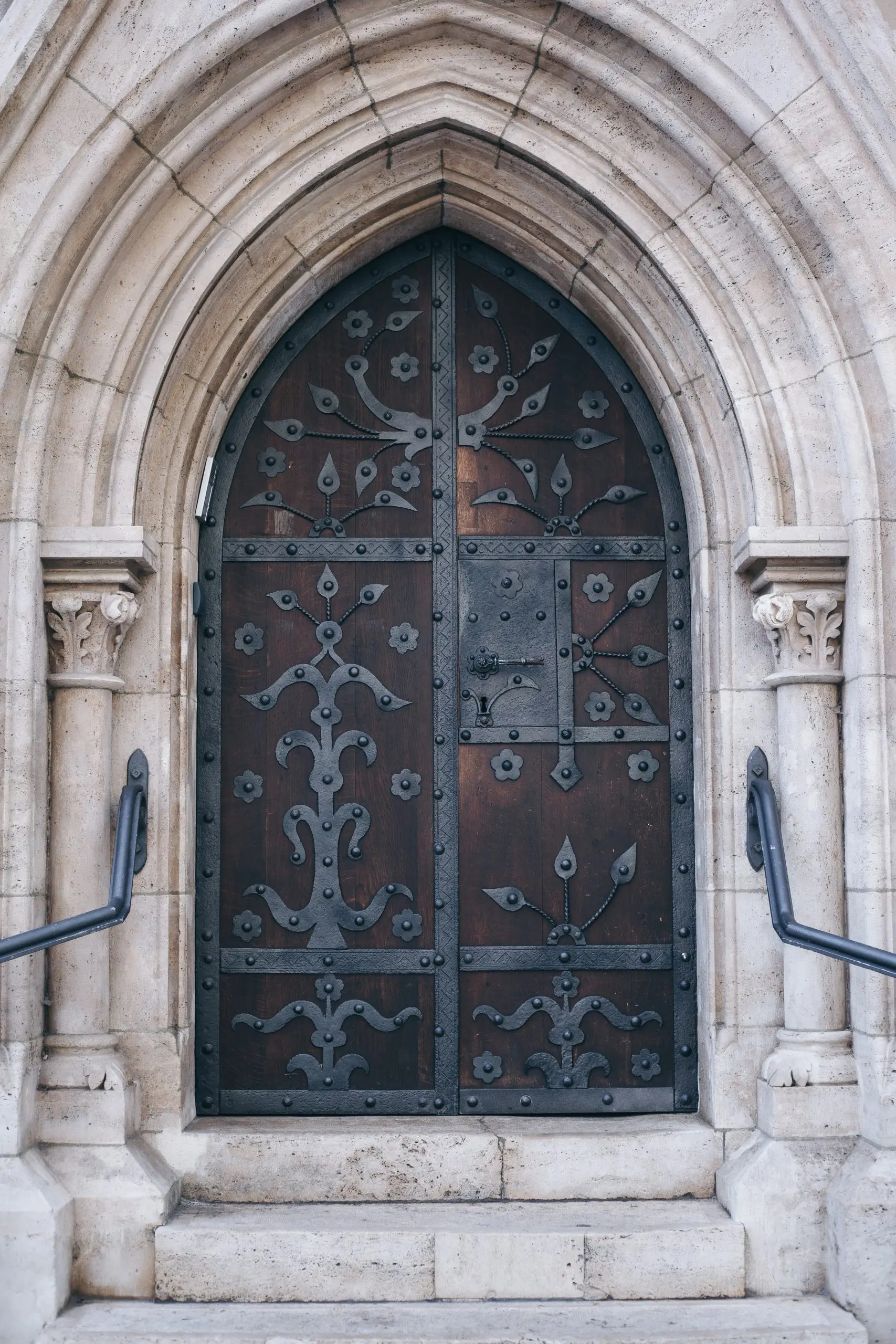Easter Past, Present, and Future
Easter morning is the central event in human history, because it was for this purpose that Christ came: to die, to be buried, and to rise again. The resurrection confronts us with the curse of sin, the certainty of judgment, the reality of death, and individual eternal destiny. It forces us to take seriously all the prophecies of Scripture.
With this in mind, we can think of Easter in three tenses, each of which is rooted in the historical resurrection of Jesus:
Easter past . . .
. . . is our peace with God that was accomplished for us in the moment of Christ’s resurrection.
God’s power toward us who believe is according to the working of his mighty strength which he exerted in Christ, when he raised him from the dead and seated him at his right hand in the heavenly realms. (Ephesians 1:19–20)
Easter present . . .
. . . is the power of God at work in us to shape us in our new identity in Christ.
For the love of Christ compels us, having concluded this, that one died for all, therefore all died; and he died for all, so that they who live might no longer live for themselves, but for him who died and rose again on their behalf. (2 Corinthians 5:14–15)
Easter future . . .
. . . is the promise of God, the hope of glory, that just as Christ was raised in his glorified body so we will be raised at his second coming, and that we—spirit, soul, and body—will then be perfectly conformed to the person of Christ.
I am the resurrection and the life. He who believes in me will live, even though he dies, and whoever lives and believes in me will never die. (John 11:25)
Read the full John Updike poem (“Seven Stanzas at Easter”) quoted in this sermon. [vector_icon icon=”arrow-circle-o-right”]
Read some Bible verses about Easter past, present, and future. [vector_icon icon=”arrow-circle-o-right”]


